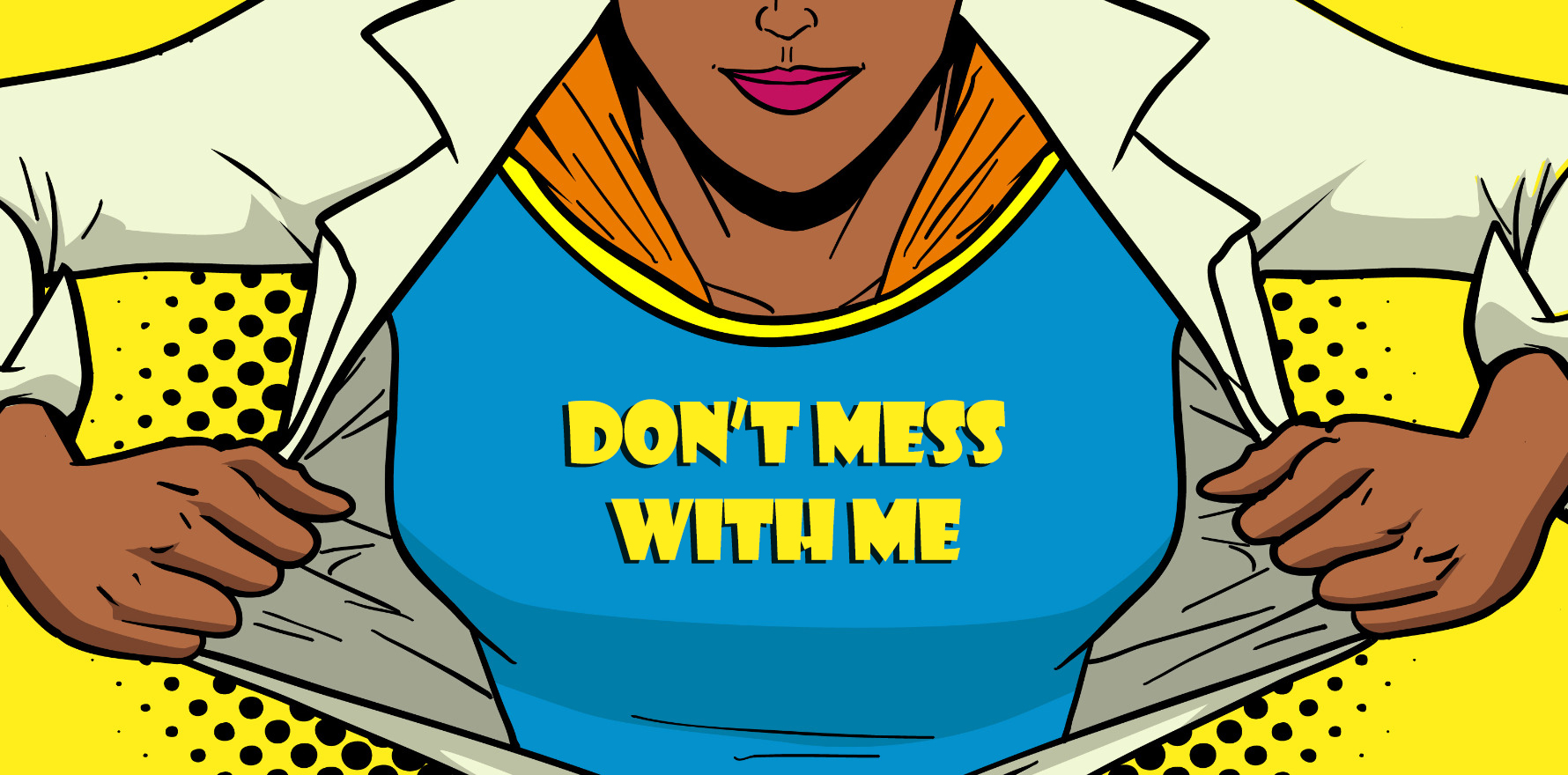Don’t mess with women, pollies. You’re just lining yourself up with a Trumpian clown car of stupidity. And then there’s the health insurers. No deliberate link intended.
Those of you who, like me, are old enough to remember the glorious musical era that was the late 1970s will be familiar with a little ditty called Reasons to be cheerful, part 3 by the genius that was Ian Dury and his band The Blockheads.
If not, here you go. Knock yourselves out.
Dury wasn’t being ironic. The song is just a list of things that made him happy. It included genitalia, being in the nuddy, 18 wheelers and the Bolshoi Ballet.
I am supremely ironic, I’m afraid.
My reasons to be “cheerful” this week include coming back to work from a three-week holiday, the reemergence of a woman’s right to an abortion as an election issue, and the continuing moan-fest between private health insurance companies and various governments.
Can you sense the sarcasm?
Abortion and your vote
It’s almost as if Australian politicians are looking across the mighty Pacific and seeing how women’s reproductive rights are either going to propel the US into a real-life Handmaid’s Tale, or get Kamala Harris over the line against He Who Shall Not Be Named In Any Editorial I Write Thankyou Very Much.
In South Australia this week the state parliament’s upper house narrowly voted down a proposal to amend abortion laws that would have required people wanting to terminate their pregnancy after 28 weeks to deliver their baby alive.
The vote was 10-9. Liberal MP Ben Hood proposed the amendments, and the nine who voted for it had their names and party affiliations splashed all over social media.
In Queensland, incumbent Premier Steven Miles must be thanking Katter Party leader Robbie (Son of Bob) Katter who vowed to repeal the state’s abortion laws “quick as you like”.
That gave Miles the opportunity to point out that LNP leader David Crisafulli voted against legalising abortion back in the day. Crisafulli did himself no favours in the leaders’ debate by refusing to say if he would allow a conscience vote on the topic, if elected.
It’s given Miles the smell of hope, thanks to fired-up women and their allies, just as it has to Kamala Harris in the US. Don’t mess with women, pollies. We’ll come for you.
And why the hell are we still talking about this??
Health insurers
Sigh. Where to start?
The tin-eared-ness – I know it’s not a word, don’t come at me – of all sides of this debate is astounding.
First the NSW government accused the private health insurance of “robbing” the state’s hospital system by not paying the full gazetted single hospital room price of $892.
They’re not “robbing” anyone Mr Park. They’re simply doing what profit-making companies do – making the most of a loophole that you were silly enough to let open again by allowing appropriate legislation to lapse back in 2019.
Private Healthcare Australia hit back saying making the companies pay the full whack would force up premiums which would cause people to drop out of their insurance policies.
Of course it will, but not because the state government is making the companies pay, but because the companies won’t be able to resist passing the cost on to their customers.
Because an industry profit of $2.2 billion is just not enough, apparently.
A day later news leaked out that the private insurers are going to be asking the federal government for permission to put their premiums up 5%-6% from April of 2025 – the largest premium hike since 2016.
Then yesterday, the Australian Private Hospitals Association, Catholic Health Australia and the Medical Technology Association of Australia put out a joint call for “urgent reforms to the annual health insurance premium round”.
“Health insurers are returning less and less to patients through hospital and prostheses benefits yet are banking record profits and spending more on themselves through management expenses than ever before,” said the threesome.
Their proposed reforms include:
- Establishing an independent body to oversee insurer behaviours that are threatening the viability of the system and the value of private health insurance for consumers;
- Implementing a cap on capital requirements to compel insurers to free up excessive reserves of capital to support the struggling private health system; and
- Incorporating the increasing cost of delivering care as well as acknowledge push factors such as insurer profits and management expenses in the 2025 premium round process.
“It’s a matter of public record that health insurers reaped a record $2 billion profit last year, and this year are looking to rake in even more having pocketed $800 million in the first quarter of 2024 alone,” said APHA CEO Brett Heffernan.
“Damningly, over this period, the benefits (payments) to private hospitals actually fell. That tells you all you need to know.
“Without some mechanism that ties premium increases to payments for care in private hospitals, any premium hike is just extra profit in insurance company coffers.
“That’s not why any of us take out private health insurance.”
Hear, hear, Brett. Hear, bloody hear.
PHA, predictably, hit back, calling Mr Heffernan’s comments about payments to private hospitals “ridiculous”.
“Comparing revenue over the year, or from the same quarter the previous year, is the only fair and reasonable way to determine the trend. The APRA data shows health funds paid 10% more for all claims in 2023-24.”
(And earned 110% more than the year before, but ssssshhhhhhhhhhhhh don’t mention the war.)
“There is no need for a new independent authority,” said the PHA.
“The private health system is already subject to rigorous oversight by multiple regulatory bodies, ensuring consumer interests are prioritised.
“Introducing another layer of regulation would add unnecessary complexity and cost without delivering additional benefits to consumers.
“The Australian Prudential Regulation Authority oversees the premium round and its advice determines the price. They are forensic about reviewing operating expenses and margins, as is the Department of Health that works with them.”
Speaking as someone who forks out $400 a month for health insurance, and yet still had to harvest my superannuation to the tune of $10,000 for surgery a couple of years ago, my reaction to the whole industry is a big sloppy raspberry, to be honest.
That would be a reason to be cheerful, eh?



